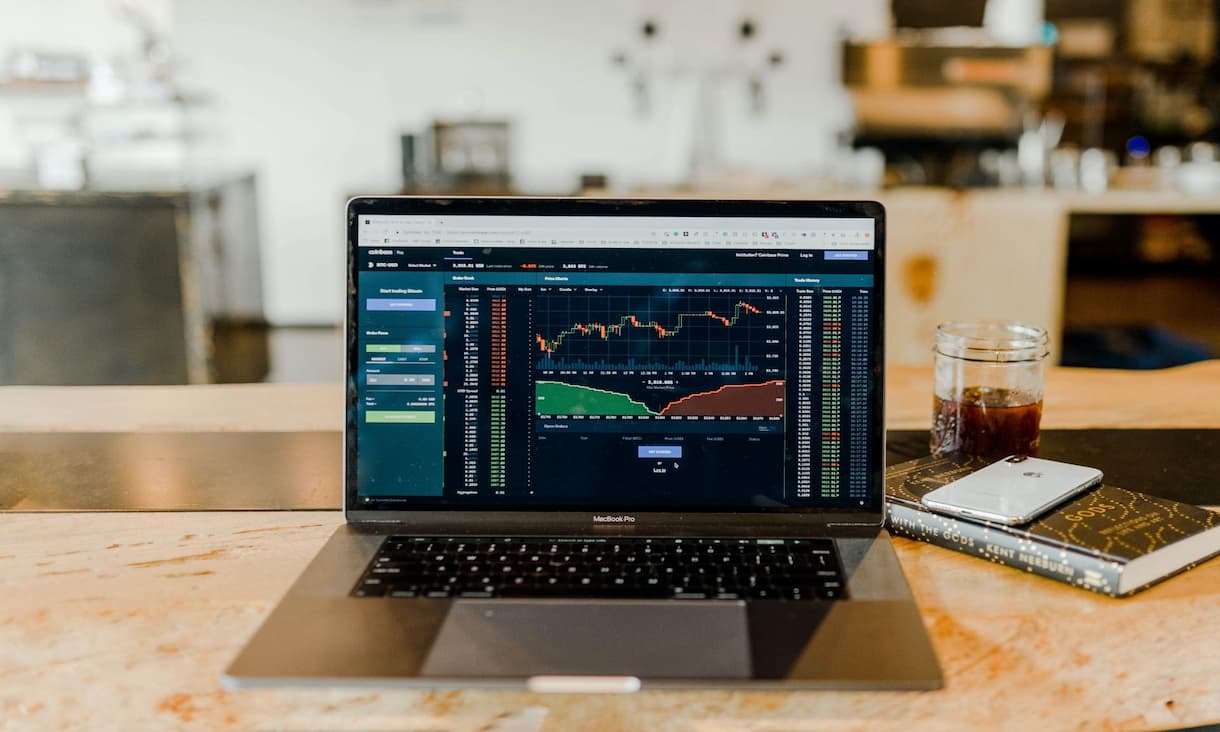Data has shown there was a 66% jump in Australian trading volumes, and there was a 50% jump in global trading volumes (looking at 37 developing and developed countries) during the first COVID wave, for the period 23 January to 15 May 2020.
In Australia, prior to COVID-19 the average daily turnover was 0.27%, this is a stark comparison with the current daily turnover of 0.44% during COVID-19.
This increase is found to be driven by retail investors to a larger extent. As a result of the lockdowns here and abroad, people have been working from home and have had more time to participate in the stock market. It seems those in the younger age group with some savings, have been at the forefront of this trading volume rise.
It’s likely that investors resorted to the share market for a range of reasons; from trying to secure a bargain, to a fear of missing out, and some may even have been trying to participate in get-rich-quick schemes.
We saw this occur with the emerging ‘Robinhood traders’ phenomena in the US, with young and inexperienced retail investors entering the share market for the first time, despite a lack of knowledge of the stock market.
The closure of casinos and other gambling venues due to the pandemic is another factor associated with the increase in trading volumes in stocks, as people stuck at home sought a substitute for gambling.
Some individuals have been found to prefer stocks with lottery-like features, and regard the stock market as a substitute for gambling.
Overall, investors in countries with stronger economic development initiated more trades, implying that wealthier nations are diverting their savings to the share market during the pandemic.
Countries that distributed stimulus payments are also associated with larger increases in trading volumes, raising concern about the use of stimulus payments.
For instance, it is likely that some investors have spent their JobSeeker payments in the share market in Australia, engaging in risky short-term trading.
This brings significant public policy implications as traditional gambling is regulated and taxed as a social “wrong”, whereas financial markets are not.
Our research is in line with the report by the Australian Securities and Investment Commission (ASIC) in May, which warned about the retail investors’ trading frenzy during the pandemic.
ASIC warns that short-term trading and poor market timing by retail investors is highly risky. “Therefore, retail investors should be wary of trying to ‘play the market’ for short-term price movements by day trading.”
The other potential concern for Australian investors is related to the early access of superannuation during COVID-19. If the early withdrawal of superannuation is spent on the volatile market, some investors may lose their retirement savings.
This article was written based on research conducted by Angel Zhong (RMIT) and Mardy Chiah (Swinburne University of Technology).




